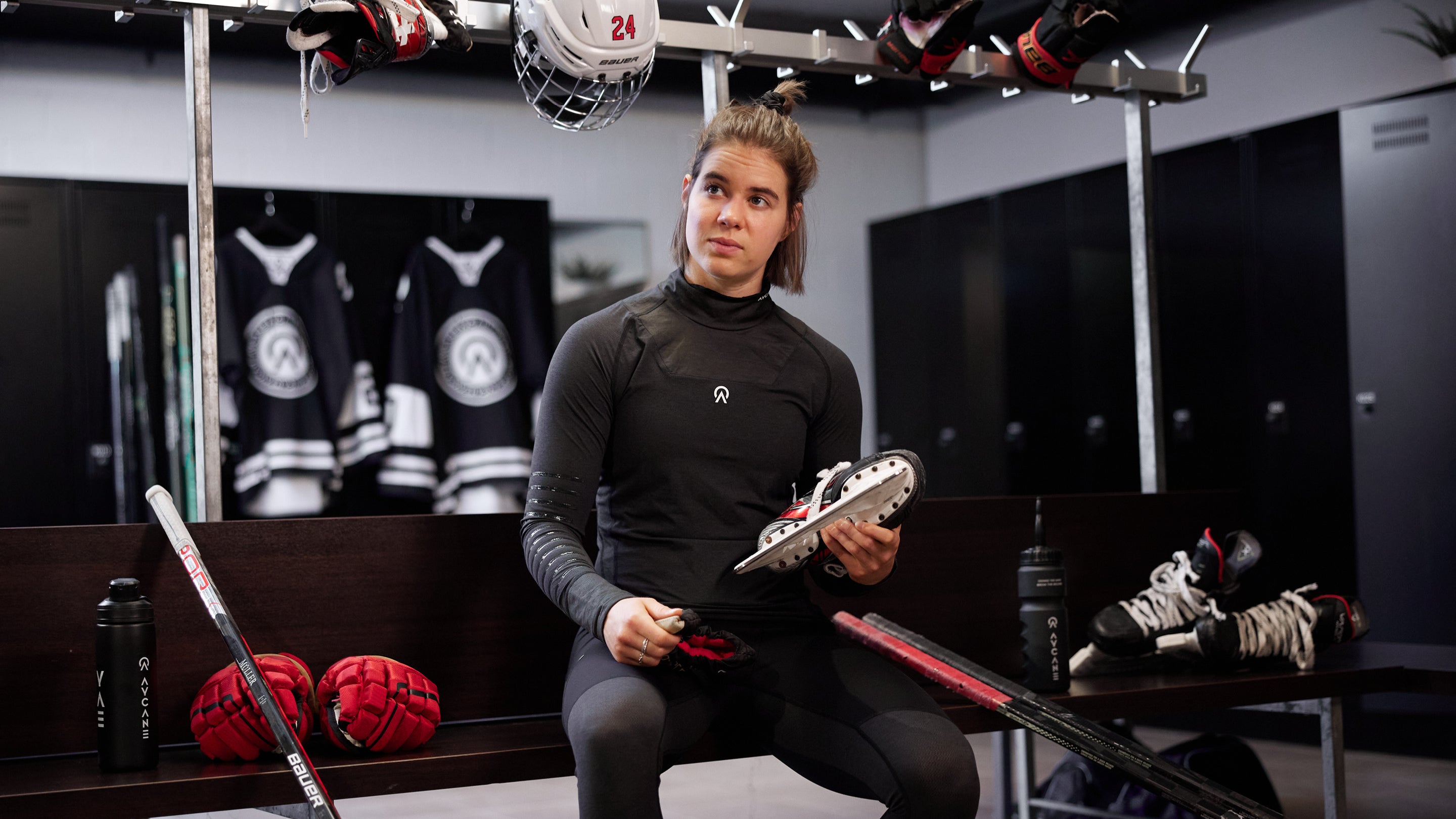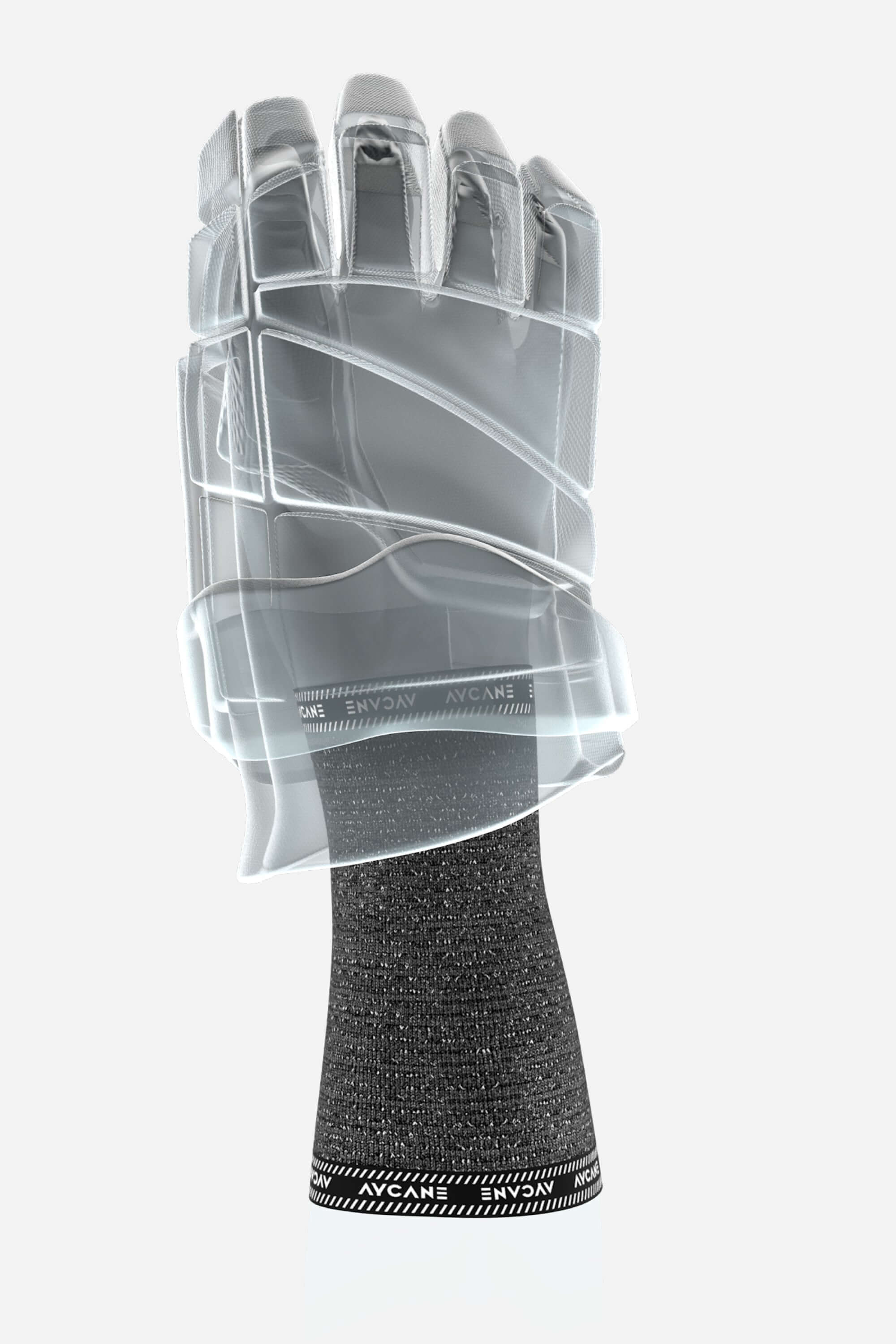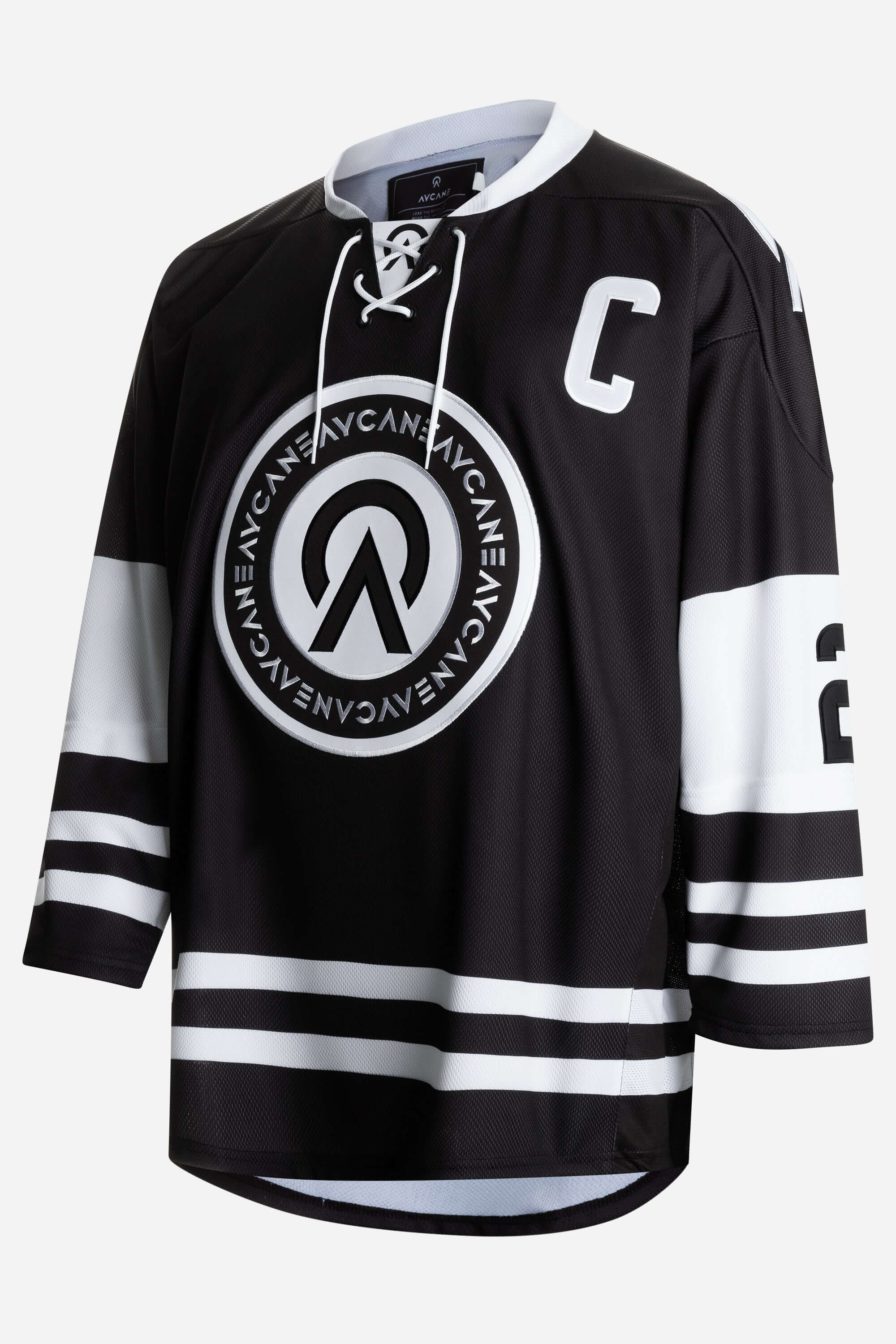Sur la glace mince : explorer les défis financiers auxquels sont confrontées les équipes de hockey des ligues mineures
Alors que les projecteurs brillent souvent le plus fort sur le faste et le glamour des ligues professionnelles de hockey sur glace comme la NHL, sous la surface se trouve un écosystème complexe d'équipes de ligues mineures qui s'efforcent de se tailler une place dans ce sport.
Ces équipes, souvent opérant à plus petite échelle avec des ressources limitées, font face à une myriade de défis financiers qui peuvent déterminer leur survie. Dans cet article, nous allons explorer les obstacles financiers auxquels sont confrontées les équipes de hockey mineur et examiner les stratégies qu'elles emploient pour naviguer dans ces eaux glacées.
Le coût de la compétition :
L'un des principaux défis auxquels sont confrontées les équipes de hockey des ligues mineures est le coût important de la compétition. Des salaires des joueurs aux frais de déplacement, en passant par l'équipement et la location des arénas, les dépenses opérationnelles peuvent rapidement s'accumuler, mettant à rude épreuve les budgets des équipes. Contrairement à leurs homologues des ligues majeures, où des accords lucratifs de diffusion et de sponsoring fournissent un flux de revenus stable, les équipes des ligues mineures doivent compter sur les ventes de billets, la marchandise et les partenariats locaux pour rester à flot.
Sources de revenus limitées :
Les équipes de hockey des ligues mineures opèrent souvent sur des marchés plus petits avec moins de fanfare et d'attention médiatique comparé à leurs homologues des ligues majeures. Par conséquent, générer des revenus peut être une lutte constante. Les ventes de billets, bien qu'essentielles, ne couvrent pas toujours les coûts élevés liés à la gestion d'une équipe de hockey. Les ventes de marchandises, les stands de concessions et les parrainages d'entreprises représentent des sources de revenus supplémentaires, mais ces sources peuvent être imprévisibles, notamment dans les marchés où le soutien des entreprises ou l'engagement des fans est limité.
L'importance de l'engagement communautaire :
Face aux défis financiers, de nombreuses équipes de hockey des ligues mineures se tournent vers leurs communautés locales pour obtenir du soutien. Établir des liens solides avec les fans et les entreprises est crucial pour générer des revenus et favoriser un sentiment d'appartenance. Les initiatives d'engagement communautaire, telles que les programmes de hockey pour les jeunes, les événements caritatifs et les apparitions des joueurs, contribuent non seulement à augmenter les ventes de billets et les revenus de la marchandise, mais renforcent également le lien de l'équipe avec la communauté, créant une base de fans fidèle plus susceptible de soutenir l'équipe dans les bons comme dans les mauvais moments.
Stratégies innovantes pour réussir :
Malgré les obstacles financiers auxquels elles sont confrontées, les équipes de hockey des ligues mineures ne sont pas étrangères à l'innovation et à la débrouillardise. De nombreuses équipes ont trouvé des moyens créatifs de maximiser les revenus et de minimiser les coûts, allant de l'organisation d'événements non liés au hockey dans leurs arénas à la mise en place de stratégies de tarification dynamique pour les billets. Certaines équipes ont même exploré des sources de revenus alternatives, telles que les tournois d'esports, les concerts et les partenariats d'entreprise en dehors du cadre traditionnel du sponsoring sportif.
Perspectives :
Alors que le paysage des sports professionnels continue d'évoluer, les équipes de hockey des ligues mineures doivent s'adapter pour survivre. Bien que les défis financiers restent une constante, ces équipes font preuve de résilience et d'ingéniosité, trouvant de nouvelles façons de prospérer dans un environnement en perpétuel changement. En favorisant de solides liens communautaires, en explorant des sources de revenus innovantes et en acceptant le changement, les équipes de hockey des ligues mineures peuvent continuer à se tailler une place dans le monde du sport, assurant que l'esprit du jeu perdure pour les générations à venir.
























